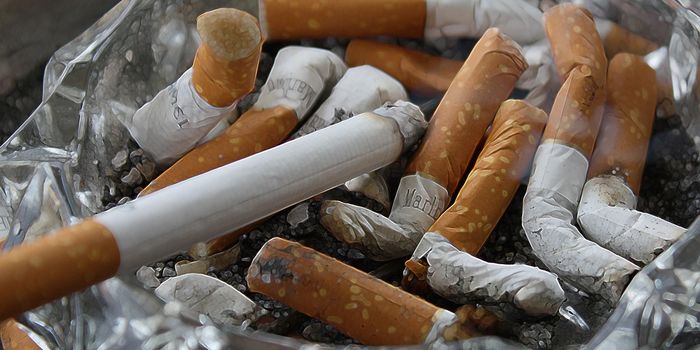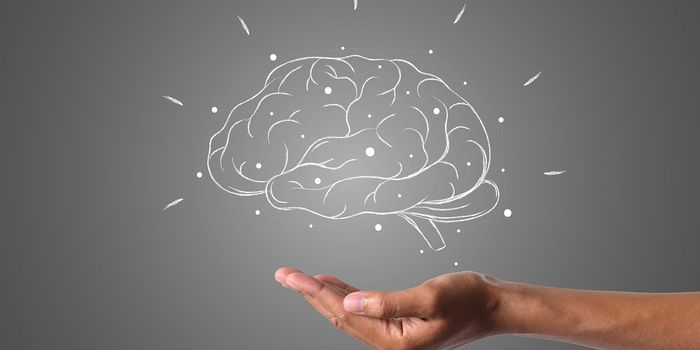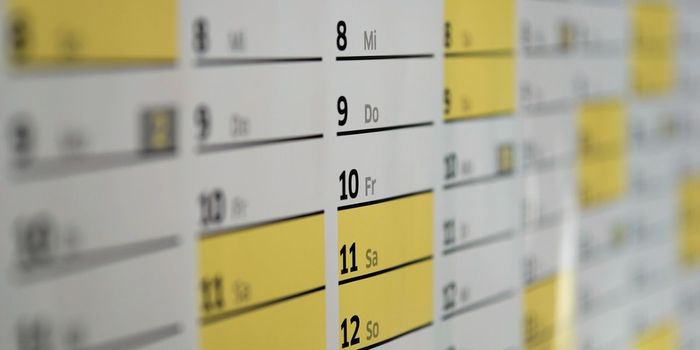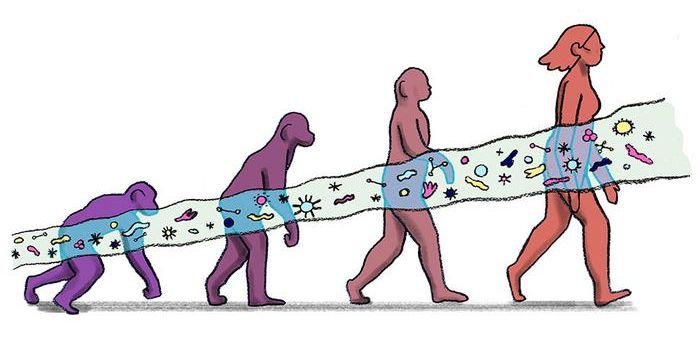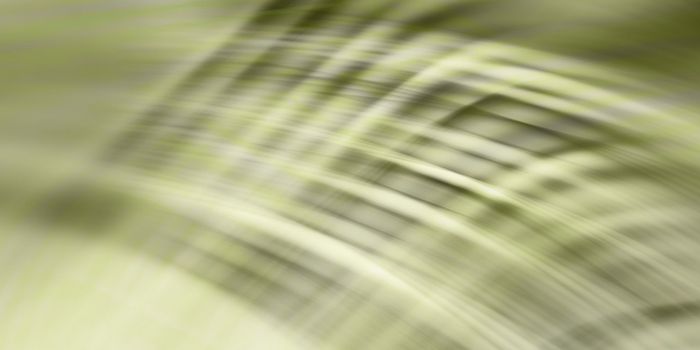Mild Stress May Trigger PTSD in Individuals with Autism
A mild stressful event is enough to trigger a post-traumatic stress response in mouse models of autism. The findings could have implications for how clinicians treat patients with autism. The corresponding study was published in iScience.
Autism is a neurodevelopmental disorder characterized by behavioral difficulties. People with the condition may also have cognitive defects such as hyper-reactivity to sensory stimuli, abnormal fear conditioning, and altered declarative memory. This combination of traits suggests that those with autism may be predisposed to PTSD. Human studies also suggest individuals with autism have an increased risk of trauma and PTSD.
In the current study, researchers investigated how traumatic stress occurs in autism alongside the neurobiological mechanisms underlying a potential predisposition to PTSD.
To do so, they studied four mouse models of autism. They found that exposure to a mildly stressful event induced PTSD-like memory in the mice. They also identified specific cortical circuit alterations that induce PTSD-like memory during periods of stress. Hyperactivation of the prefrontal cortex and altered interneuron firing led to increased susceptibility to developing PTSD-like memories, which went on to aggravate core traits of autism.
"We didn't anticipate that forming a traumatic memory would aggravate the social and behavioral difficulties in ASD," said study author Dr Nathalie Dehorter, Senior Research Fellow at the Queensland Brain Institute, in a press release.
"What is really promising is once the traumatic memories are successfully recontextualised using behavioral therapy, the ASD traits that were worsened following the stress, are dramatically improved," she continued.
The researchers concluded that their findings suggest that everyday life situations could be traumatic for patients with ASD. They added that timely detection of PTSD is essential as the condition worsens the core traits of autism and is strongly linked to various psychiatric comorbidities and suicide.
Sources: Science Daily, iScience


